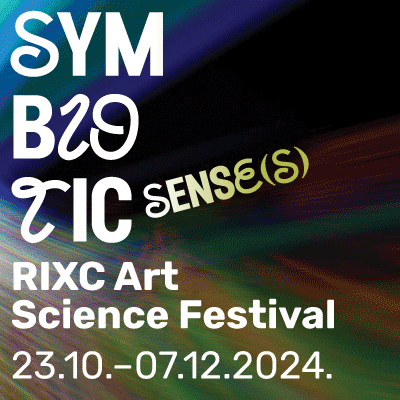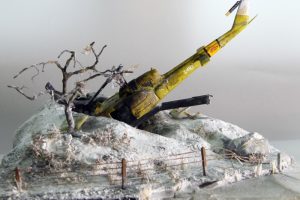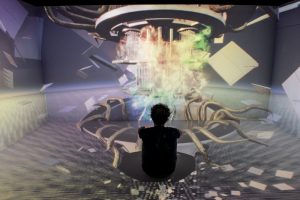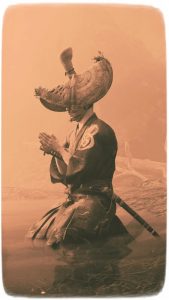Brendan Walker, researcher at the RCA in London, is working on a machine that can measure the experience of thrill. The Chromo11 project hopes to create an industry-standard measure that can be used to gauge thrilling experiences, and dynamically modify such experiences in real time.
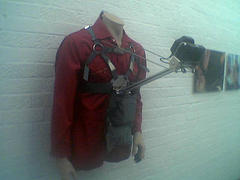
Walker has already built an auto-portrait machine (drawing above) that detects the sensation of thrill by utilizing the galvanic skin response.
Now Walker wants to build a “Thrill Measuring Device” which would work as a thrill sensor during fairground rides or computer games, and modify the experience accordingly.
For example, the device could be used on a fairground Waltzer to automatically tailor each ride experience to the sensibilities of each rider.
In computer games, the possibilities are thriving. “Elements that a player found boring could be removed, and other thrilling elements enhanced,” explains Walker. “A thrill profile could be built up, and a host of new tricks — new characters, weapons, ways to escape, ways to collaborate — could be tried out.”
Walker adapted the thrill-detection hardware at the heart of his auto-portrait machine with the help of James Condron, a scientist at Media Lab Europe. “Ironically,” said Walker, “the Media Lab project was developed to control computer games encouraging the player to relax.”
Walker’s auto-portrait machine and the portraits it took are being shown at the M+R gallery in London from Feb. 19 to 27.
Via Wired.
Related: Lab to study emotion of gaming.

